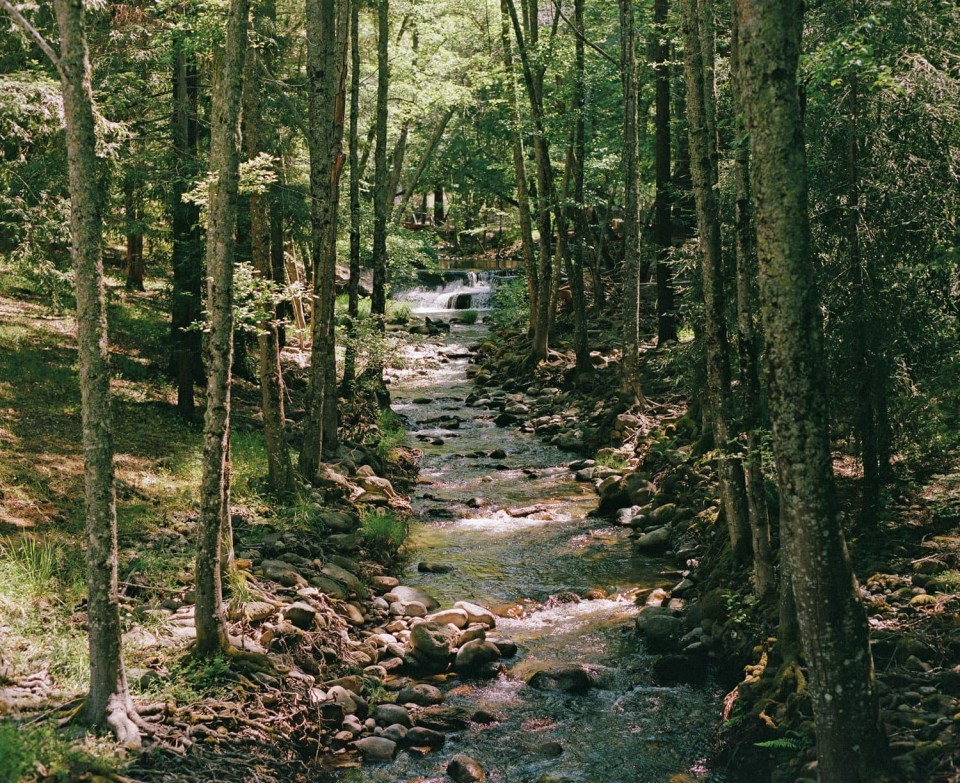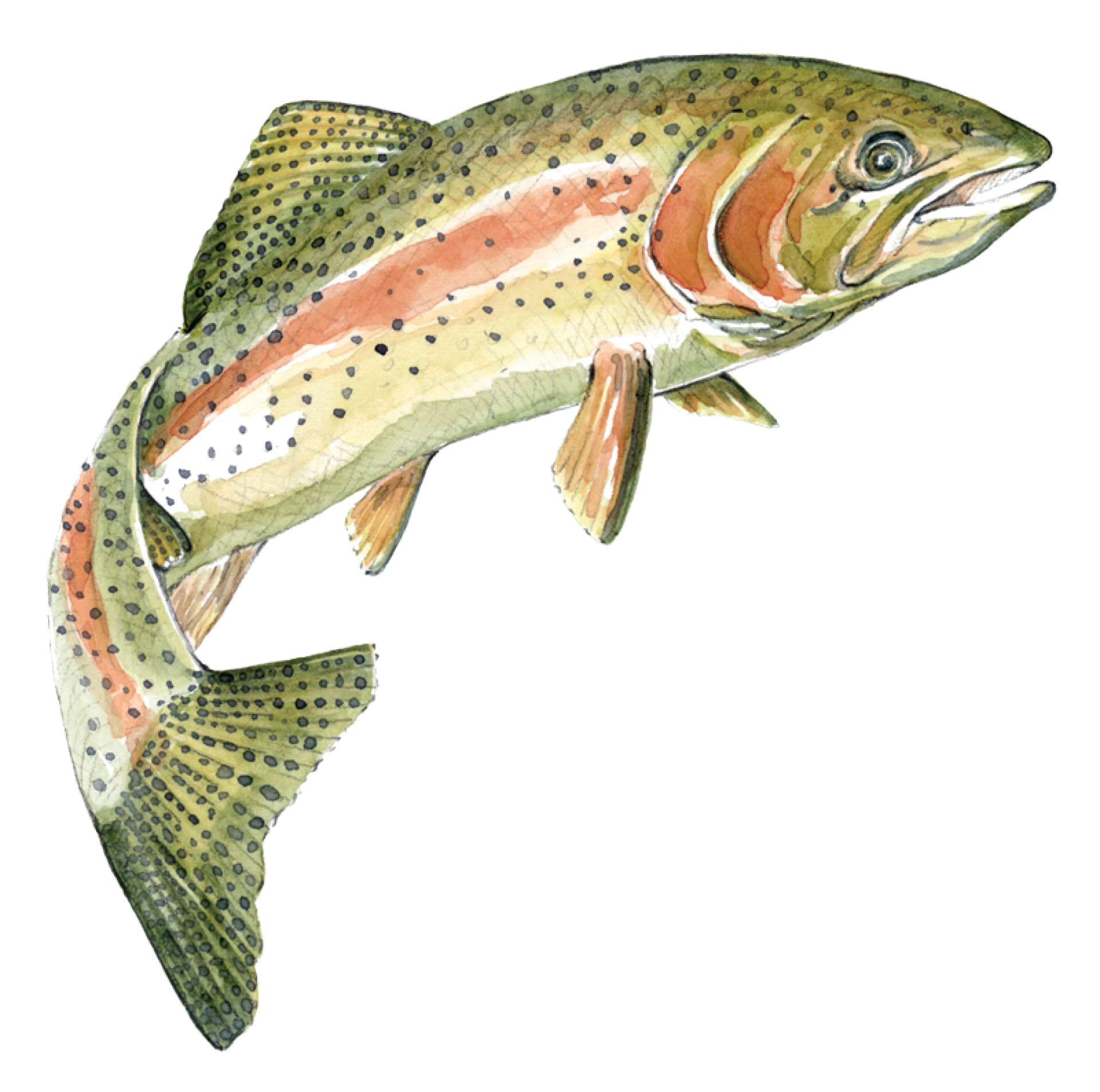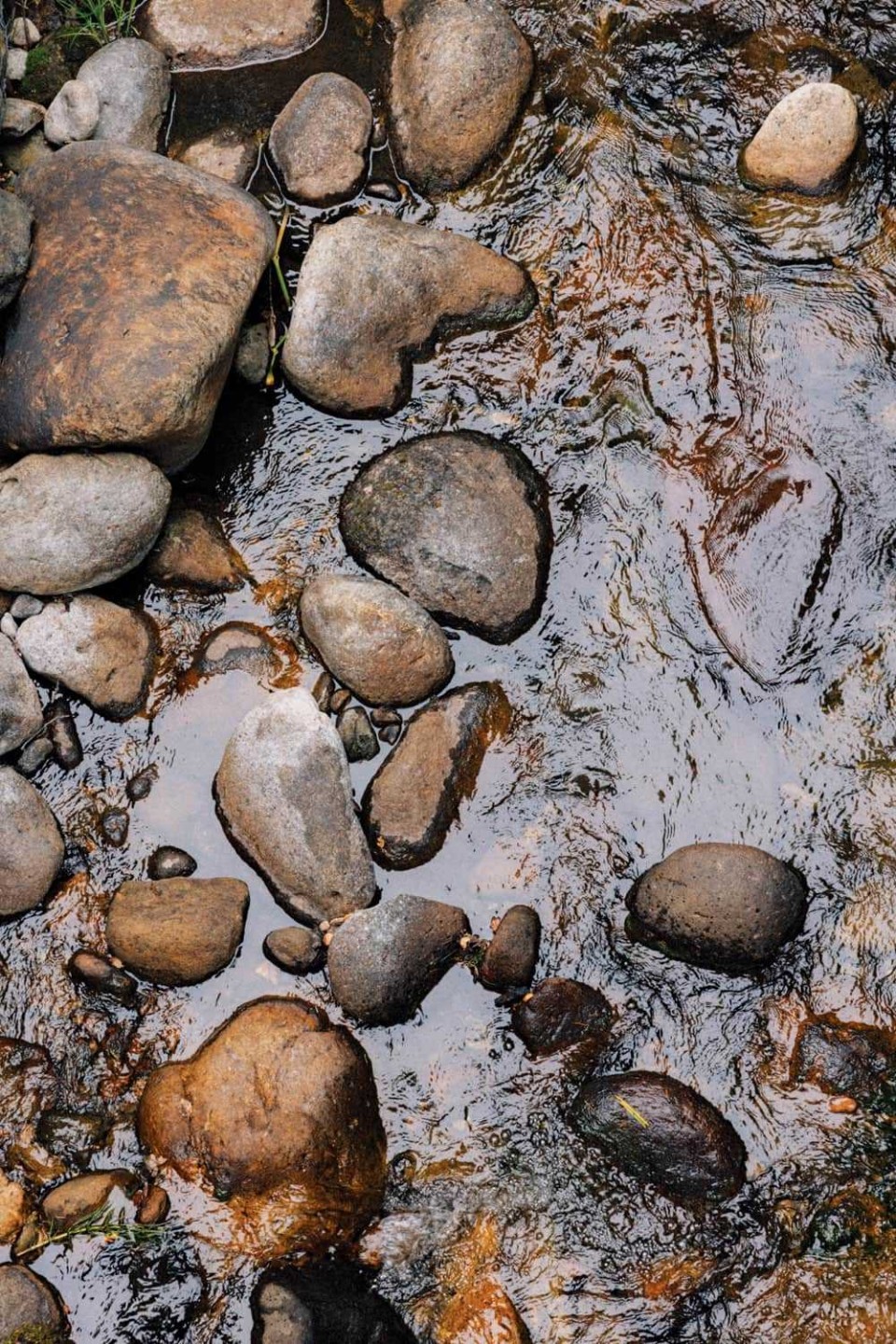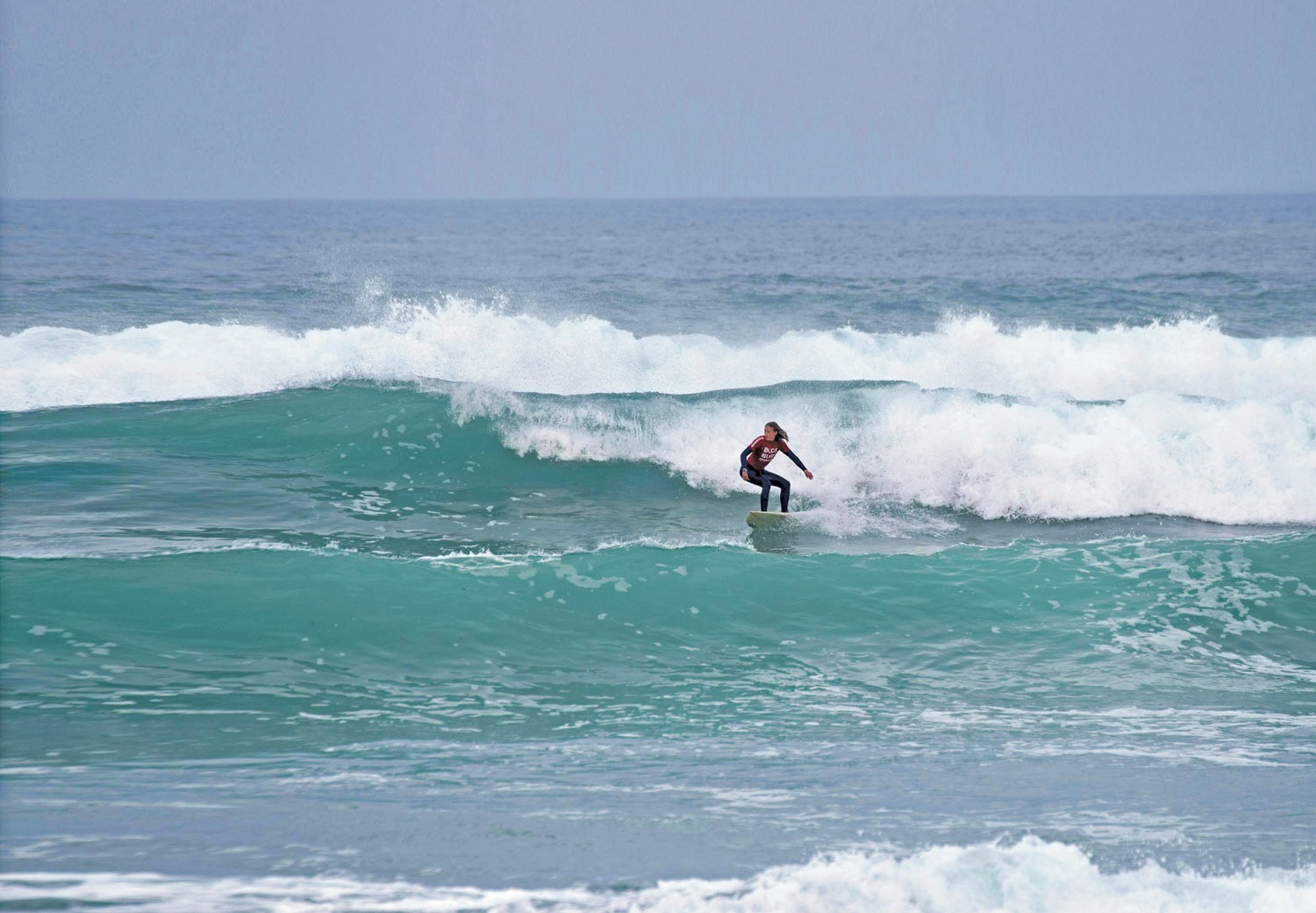Fish Friendly Farming is a voluntary certification program for agricultural properties that are managed to restore fish and wildlife habitat and improve water quality. The program is offered by the California Land Stewardship Institute (CLSI).
Fish Friendly Farming provides an incentive-based method for creating and sustaining environmental quality and habitat on private land. Landowners and managers enroll in the program, learn environmentally beneficial management practices, and carry out ecological restoration projects. The focus is on the land manager as the central figure in achieving and sustaining environmental quality. This approach ensures long-term environmental improvements and sustainable agriculture, and it implements the principles of state and federal environmental regulations. Three resource agencies—the Regional Water Quality Control Board, the National Marine Fisheries Service, and the County Agricultural Commissioner—provide an objective third-party certification.
The practices outlined in the certification provide for voluntary, self-directed compliance with the rigorous standards of state and federal water quality laws, such as the Clean Water Act; the federal Endangered Species Act; and state pesticide laws, as well as local regulations.
The certification assures the consumer that the wines and farm products they purchase are produced by protecting and restoring the environment, as well as sustaining the beauty and natural habitats of California.

Kellogg Creek flows from the slopes of Mount Saint Helena, through the forest until it meets with Yellow Jacket Creek, combing to become Redwood Creek. Typically the creek is seasonal, but following winters with abundant rain, such as in 2022, it can run throughout the dry summer months.

In 2006, the Knights Valley ranch was first certified, and later, Seaview and Oakville were certified shortly after the winery established the estates. Our teams continue to mindfully preserve the natural water at each site, recorded in our recertification planning.
“The river is one of my favorite metaphors, the symbol of the great flow of Life Itself. The river begins at Source, and returns to Source, unerringly. This happens every single time, without exception. We are no different.”

Certification Overview
- Owners or managers of vineyards and orchards voluntarily enroll their property in the Fish Friendly Farming program
- Farmers attend a series of four educational workshops. The workshops cover all aspects of land management, including: existing vineyard/orchard management, new vineyard/orchard design, water and soil conservation, riparian corridor management and restoration, revisions to water facilities to increase in-stream flow, and road repair and maintenance. As they go through the workshops, each farmer will work with the FFF program staff to complete a Farm Conservation Plan for their property.
- Farm Conservation Plan: This plan inventories and evaluates natural resources and practices on the entire property, not just agricultural lands. This approach assures a comprehensive program to achieve environmental quality and improvement. Following the workshops, the FFF program provides professional one-on-one technical assistance to each landowner/manager to complete the Farm Conservation Plan. This allows for all sediment sources and riparian corridors and water sources to be evaluated by an ecologist or environmental scientist. Various projects such as creek restoration and revegetation, water supply facility retrofit, road repair, and erosion site repair are identified in the plan, as well as the documentation of environmentally friendly management practices such as the use of cover crops or no-till practices. As a result, each Farm Conservation Plan is completely unique to each site.
- Certification: When the Farm Conservation Plan is completed, the site is certified through a third-party review of the property and the plan. The certification team is made up of the National Marine Fisheries Service, the Regional Water Quality Control Board, and the County Agricultural Commissioner.
- Implementation: The farmer takes steps to implement the actions and projects identified in the Farm Conservation Plan. Simple changes in management practices are given a shorter time frame for implementation, while larger projects, such as restoration or road repair, have longer time frames. CLSI continues to work with the owner to share the cost of implementing major projects. In addition, the farmer annually documents actions through photo monitoring.


